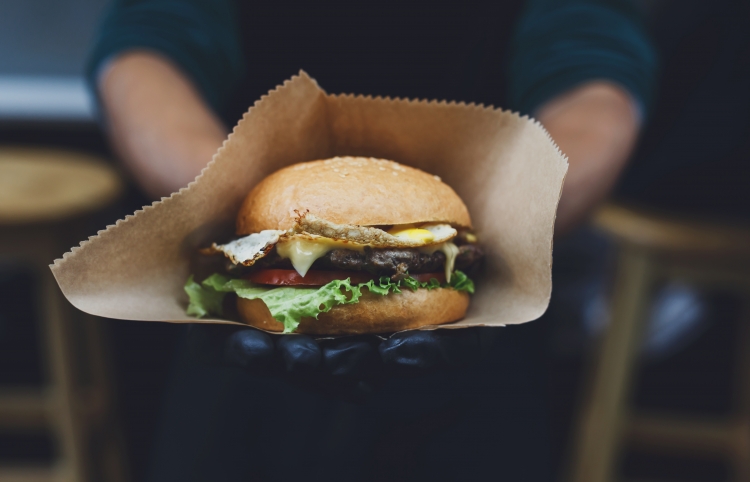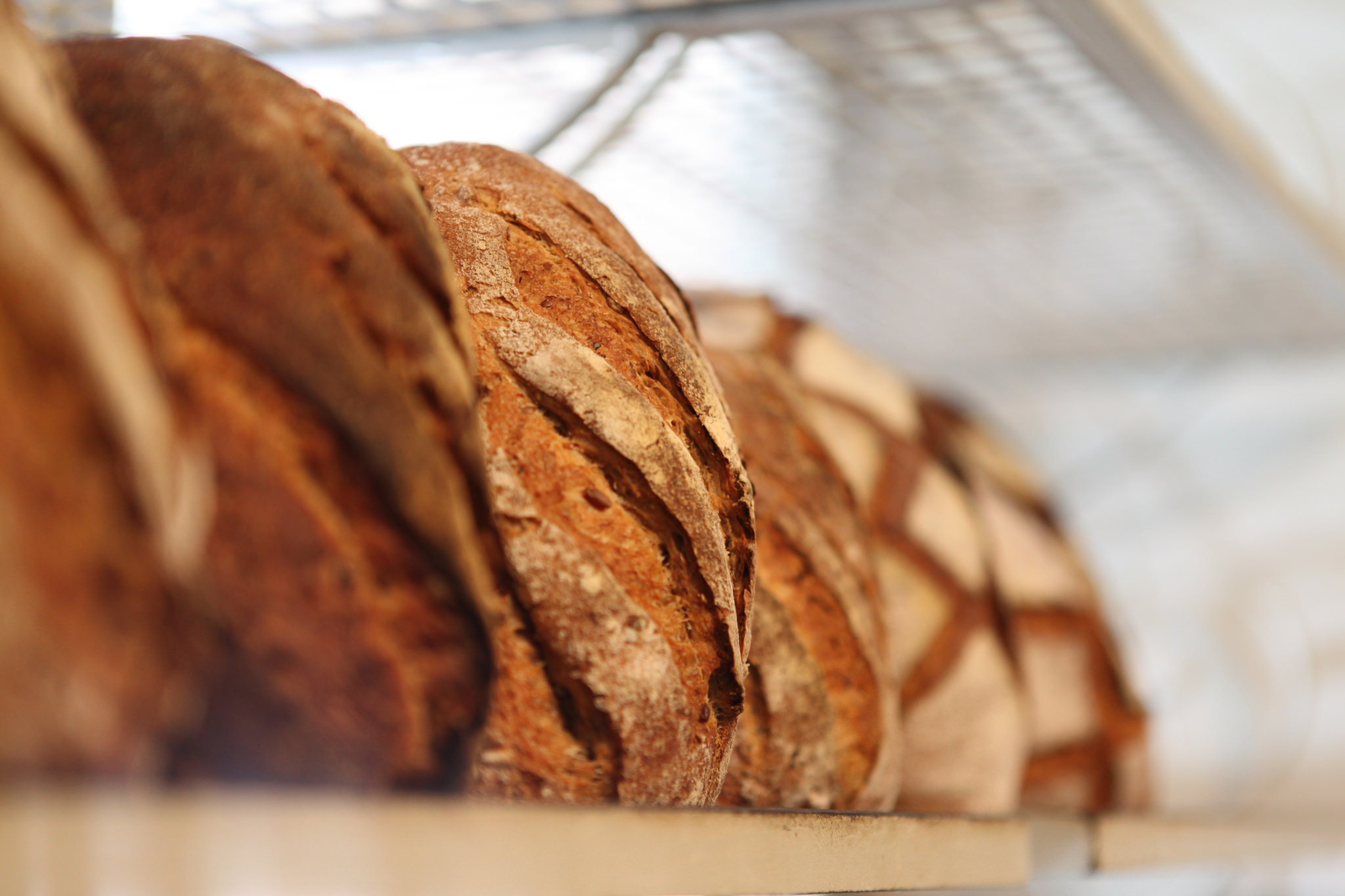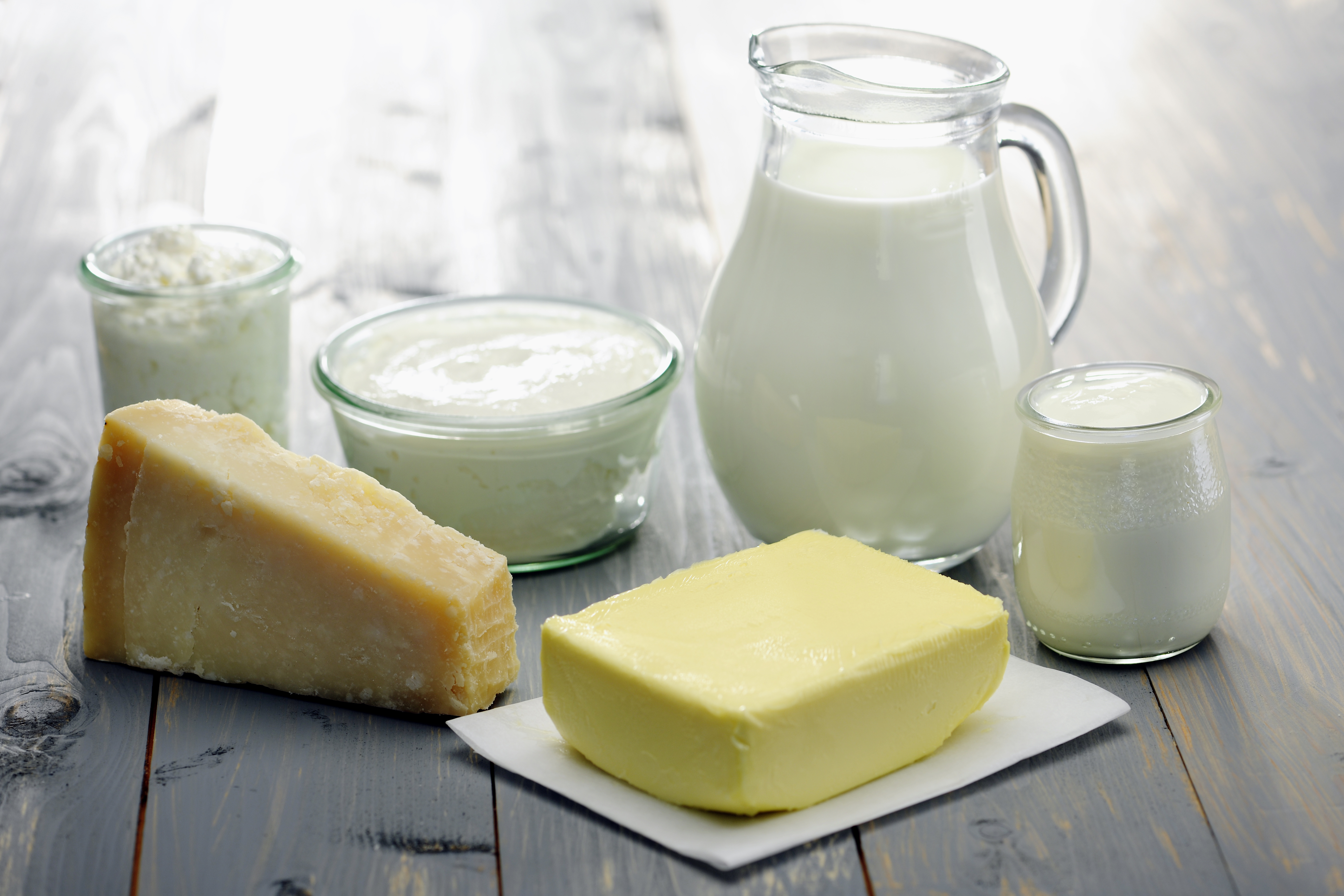The Truth Behind Food-Related Health Issues

When I was eight I found out that I was lactose-intolerant. At age 14, I was told I was gluten-intolerant (and apparently had been my entire life). At 20, my doctor recommended that I go vegetarian for health reasons. At that point, I couldn't help but wonder what's next? What else would I have to give up?
I was living for years on a highly restricted diet that was supposed to make me feel better. But I wasn't.
Fast forward to present day. I have been living in France for over a month and my diet has completely changed. The first week I was here, I tried to maintain my American diet but found it almost impossible to avoid dairy, gluten and meat. As a foodie, I really did not want to miss out on the food in Paris. So I decided to open Pandora's box and try the forbidden foods of my past. I started to integrate dairy and gluten into my daily diet.
Meat, I discovered, was the hardest for me to mentally give in to, but I ended that hiatus with a little piece of bacon after the encouragement of a friend. I was shocked to see what happened when I started eating the things that I had previously blacklisted ... not only did I not feel sick, I felt better. This isn't just my experience either, I've encountered plenty of people who proclaim that they too have rekindled a relationship with long-lost foods since moving to Paris.
Why is it that I (and others) can enjoy foods abroad that would normally cause harm to our bodies in America? The answer may surprise you. The food itself is not the issue, but rather how it is produced.
The Diary War: Pasteurized vs. Raw
Image credit: Shutterstock/SilberkornIn the United States, the CDC and the FDA have voiced strong opinions on the dangers of consuming unpasteurized dairy products. Pasteurization is the process of heating and cooling milk in order to kill the "bad" bacteria. This often goes hand in hand with homogenization,which is the mechanical process of breaking down fat molecules in milk after it has been pasteurized so it will resist separation. Natural News reported that these processes can cause oxidized fats, denatured proteins, and add antibiotics or growth hormones to the milk.
In France (and Europe in general), raw dairy products are available and encouraged. Pasteurizing milk not only kills the bad bacteria, but it also kills off the good. A Campaign for Real Milk studies found that consuming real milk had the following benefits: children demonstrate better growth profiles with longer and denser bones, vitamin A, B6 and D absorption was improved, mineral assimilation was enhanced through the presence of lactobacilli, and individuals diagnosed with lactose intolerance are often able to consume raw milk products without issue.
So while dairy farmers are being arrested for raw milk in California, France and other European countries have implemented raw milk vending machines. If raw milk was really as big of a health risk as American regulations portray it, wouldn't we be hearing about it in Europe as consumption here increases?
The Ban on Bread: The Problem with Gluten
 Image Credit: Flickr/StateofIsrael
Image Credit: Flickr/StateofIsrael
Gluten is a tenacious elastic protein substance, found especially in wheat flour, that gives cohesiveness to dough. Basically, it is what holds bread together as opposed to crumbling apart. Gluten can be found in anything from bread to soy sauce ... even some processed meats contain gluten. Currently in America, more and more people are getting diagnosed with gluten intolerance or Celiac's while others are opting for a gluten-free diet on their own. Symptoms of gluten intolerance can include fatigue, bloating and intense abdominal pain. Celiac's Disease is an autoimmune disorder that damages the small intestines when gluten is ingested. Even those not medically diagnosed with a gluten sensitivity are switching to a gluten-free diet because they are noticing the benefits of how they feel when they do not consume gluten. In Europe and France in general, gluten-filled products are a staple of their diet. Breads, pastries and pastas are consumed on a regular basis without the health complaints many Americans have. The problem with gluten is not gluten. It's the wheat used.
In the United States, before wheat is harvested, many fields are saturated in Roundup (an industrial pesticide) several days before to ensure an easier larger harvest. Roundup and other similar herbicides contain the deadly active ingredient glyphosate. It is still widely "accepted" that glyphosate does not cause any "real harm" to humans but more and more research is being done that proves differently. The Journal of Entropy published a study examining just how glyphosate can affect human physiology. "Roundup significantly disrupts the functioning of beneficial bacteria in the gut and contributes to permeability of the intestinal wall and consequent expression of autoimmune disease symptoms," according to the study.
Glyphosates also inhibit the cytochrome P450 (CYP) enzymes produced by the gut microbiome. CYP's are crucial because they detoxify foreign chemical components we are exposed to daily through the environment. This leads to a more vulnerable system when encountering toxic chemicals that can cause obesity, diabetes, heart disease, depression and cancer just to name a few. To sum this study up, Roundup kills good gut microbes, which equals disease and bodily degeneration. Another study by the United States Department of Agriculture found that in 2012, 99 percent of durum wheat, 97 percent of spring wheat, and 61percent of winter wheat has been treated with herbicides. So, I think it's safe to say that the wheat we eat is anything but safe.
France has passed a law to ban use of Roundup or any herbicide that contains glyphosate after seeing the detrimental affects on human health. France in general takes the safety and quality of their food very seriously. Clearly, bread has not been a health issue for people in France, as evidence by the boulangerie on every street corner in Paris.
The Meat Mystery: To Eat or Not to Eat
 Image Credit: Shutterstock/AfricaStudio
Image Credit: Shutterstock/AfricaStudio
In America, the average American consumes 270.7 pounds of meat per year. In France, this number is 195.7 and the world average is 102.5 pounds per year. Besides the ridiculous amount of meat being eaten in America, the bigger issue is what is in the meat. Documentaries such as "What the Health," "Forks Over Knives" and "Cowspiracy," have shed a new light on the meat industry. A study was conducted by the International Agency for Research on Cancer and found that red meat and processed meats are carcinogenic. Meanwhile, the American Cancer Society features on its website recommendations for processed turkey and canned meats on their “Shopping List: Basic Ingredients for a Healthy Kitchen” page. Chickens are injected with sodium. Meat is stuffed with a “pink slime” filler made up of butchering scraps cleaned with ammonia. Let’s not forget the living conditions that livestock are farmed in causing the animals to be overmedicated with antibiotics.
In 2012, the Global Food Security Index ranked France number one for food quality and safety. They scored a perfect 100 percent. The European Union also was one of the first to ban an arsenic drug being used on chickens, and they do not use artificial growth hormones on their cattle.
So why is it that I can enjoy all these foods that caused me so many health issues in America? I think the answer is self-evident, it is not the food causing the issue … it’s the processes used to produce it.








